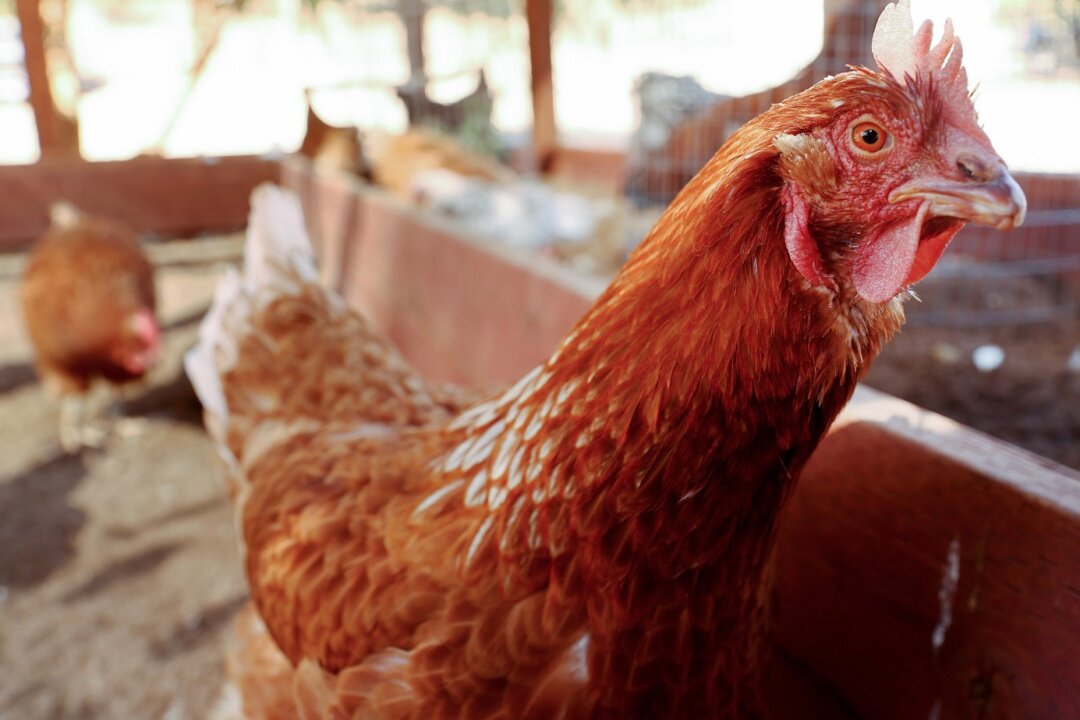
A ban on social media for under-16s is “on the table” if companies do not take action to protect children, the Technology Secretary has said. Peter Kyle made the warning while preparing to tell Ofcom to be more assertive with tech firms, as both he and the regulator ready themselves for new legal powers in the Online Safety Act to commence from the start of 2025. The Act will see new safety duties placed on social media platforms for the first time, requiring them to protect users, and in particular children, from harmful content.
This will include a crackdown on under-13s having access to age-restricted content. We've published an open letter to online services about how the Online Safety Act will apply to Generative AI and chatbots. This follows a number of recent distressing incidents involving GenAI and chatbots.

Read in full: 🔗 https://t.co/vRP1LozzkM — Ofcom (@Ofcom) November 8, 2024 Speaking to the Telegraph newspaper, Mr Kyle suggested the UK would have to move to “another level of regulation” if tech companies do not get together to enforce the Act. The Technology Secretary said he did not want to pursue further law changes until he sees how the Online Safety Act works.
But he signalled he had been speaking to politicians from Australia where social media restrictions for under-16s have been considered. Asked if the UK could push its age limits up to 16, Mr Kyle told the Telegraph: “When it comes to keeping young people safe, everything is on the table.” As the Government prepares to enforce the Act, Mr Kyle has published for the first time a statement of strategic priorities for watchdog Ofcom.
This says Ofcom should ensure the concept of “safety by design” is being followed by platforms from the start so more harm is caught before it occurs, and pushes for more transparency from tech firms on what harms are occurring on their platforms. It also urges them to create digital worlds which are inclusive and resilient to harm, including from disinformation. Ofcom will also have to ensure it is “agile” in how it regulates the sector by monitoring and tackling emerging potential harms, such as AI, and embracing online safety technologies to also help improve user safety.
The Government said Ofcom will have to consider each of the stated priorities as it enforces the Act, and report back on what action it has taken to ensure safer online spaces are being delivered. “Keeping children safe online is a priority for this Government. That is why today I will be the first secretary of state to exercise the power to set out my strategic priorities,” Mr Kyle said.
Ian Russell, chairman of the Molly Rose Foundation, said the new priorities offered some “course correction” for the Online Safety Act and would allow Ofcom to be “bolder”, but warned more reform to the rules was still needed. The Molly Rose Foundation (MRF) was set up by Mr Russell and his family in memory of his daughter, Molly, who ended her life aged 14 in November 2017 after viewing harmful content on social media. “This announcement outlines a much-needed course correction, vital for improved online safety, and to prevent the new regulation falling badly short of expectations,” he said.
“However, while this lays down an important marker for Ofcom to be bolder, it is also abundantly clear that we need a new Online Safety Act to strengthen current structural deficiencies and focus minds on the importance of harm reduction.” Maria Neophytou, director of strategy and knowledge at the NSPCC, said the new priorities have “the potential to change the online world for children”. She added: “Through Childline, we hear daily from young people about the range of harms they are experiencing online, including online bullying, access to content encouraging suicide and eating disorders and child sexual abuse and exploitation.
“Tech companies must be transparent about the harm happening on their platforms. They should be disrupting ‘safe havens’ for offenders by tackling the hidden abuse taking place through private messaging. “It is right that the Government is focusing on driving innovation and new technology that can identify and disrupt abuse and prevent harm from happening in the first place.
” An Ofcom spokesperson said: “Our resolve to create a safer life online for children and adults in the UK has never been stronger. “We welcome the Government’s draft statement of strategic priorities for online safety which, once finalised, will help shape this important work.”.














